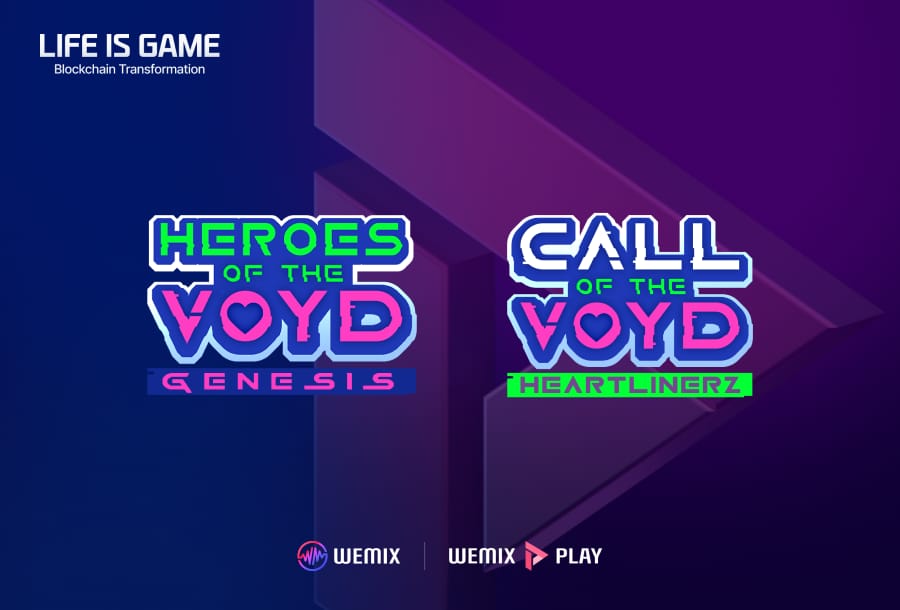In a legal showdown that has gripped the world of cryptocurrencies, Katena Computing, a prominent player in the field of cryptographic technology, emerged victorious against Coinmint, a major Bitcoin mining company.
The crypto controversy of Katena and the Bitcoin mining company Coinmint
The controversy revolved around an alleged $150 million purchase contract, with Coinmint claiming deception and foul play by Katena and semiconductor company DX Corr. However, an arbitration panel ruling dismantled Coinmint’s claims, stating Katena’s innocence and awarding the chipmaker $14 million in damages.
The saga began with the lawsuit filed by Coinmint last year, accusing Katena and DX Corr of orchestrating a scheme to induce Coinmint to purchase machines for bitcoin mining worth 150 million dollars, which were never delivered.
Coinmint claimed that Katena had improperly influenced its former chief financial officer, Michael Maloney, to guarantee the sale, knowing that he would not be able to fulfill the order due to the ongoing development of mining chips. Coinmint has requested the return of the 23 million dollars paid to Katena.
However, the arbitration panel’s ruling in February dealt a blow to Coinmint’s claims. The arbitration panel did not find any evidence indicating that Katena forced or deceived Coinmint into signing the agreement.
On the contrary, it concluded that Coinmint and its executives had autonomously decided to increase the purchase amount to 150 million dollars, without any undue influence from Katena. Furthermore, the commission established that Katena had not violated any contractual obligation, since Coinmint itself had not fulfilled all the necessary conditions provided for in the agreements.
Katena’s evidence supporting the process
Specifically, the judging panel rejected Coinmint’s evidence regarding the alleged influence on Maloney as speculative, describing them as mere “brainstorming and ambitious chatter” among Katena executives. Furthermore, the thorough documentation and evidence provided by Katena regarding the development of the ASIC chip for the K10 model refuted Coinmint’s claims of false statements in marketing materials.
Michael Gao, founder and partner of Katena, emphasized the extensive discovery process in which Katena diligently provided evidence to support its position, while Coinmint did not do the same. Gao pointed out that Coinmint struggled to identify any false claims made by Katena, indicating the strength of Katena’s case based on factual evidence rather than technicalities.
Despite the ruling of the arbitration panel, Coinmint has expressed its intention to challenge the decision. The new legal team of Coinmint intends to file a motion to annul the arbitral award, citing concerns about the fairness of the process. Coinmint’s lawyers allege procedural irregularities, including the alleged withholding of transcripts of some witnesses, which they believe undermines due process.
In response, Katena’s lawyer, Jacob Taber of Perkins Coie, argued that Coinmint’s objections are unfounded, emphasizing the prolonged nature of the legal battle and the validity of the arbitral tribunal’s decision. Taber expressed Katena’s hope for a quick resolution of any further disputes related to the award.
While the legal battle continues to unfold, District Judge Richard Seeborg has granted Coinmint an extension to file opposition and a motion to revoke. However, Katena remains steadfast in its defense, comforted by the recognition of its integrity and business practices by the arbitration panel.
Conclusions
In conclusion, Katena’s victory in the case against Coinmint highlights the importance of factual evidence and due process in resolving complex legal disputes in the cryptocurrency sector. Although Coinmint may pursue further avenues of appeal, Katena’s exoneration marks a significant milestone in affirming the credibility and commitment of the company towards transparency in its operations.







